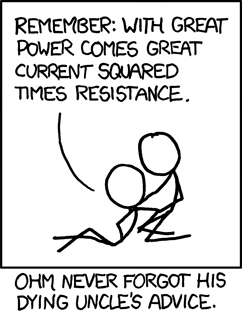A "semantic" difference
From a NYT story (Shaila Dewan, "Pollster's Censure Jolts News Organizations", October 3) on the polling company Strategic Vision, which has been reprimanded by a professional society of pollsters for failing to disclose "essential facts" about its methods:
As for the accusation that the company's claim to be based in Atlanta was misleading, Mr. Johnson [David E. Johnson, the founder and chief executive of Strategic Vision] acknowledged that the main Strategic Vision office was in Blairsville, Ga., 115 miles away, but said the difference was "semantic".
Yeah, yeah, blame it on the words. "Semantic" here means 'only semantic, not substantive' and locates the problem not in differences of matters of fact but in differences in the meanings of linguistic expressions. The claim is that some people use certain expressions (like based in Atlanta) one way, while other people use these expressions somewhat differently, so that any dispute about the state of things is "just / merely / only" a dispute about word meanings.
Read the rest of this entry »
Permalink Comments off

